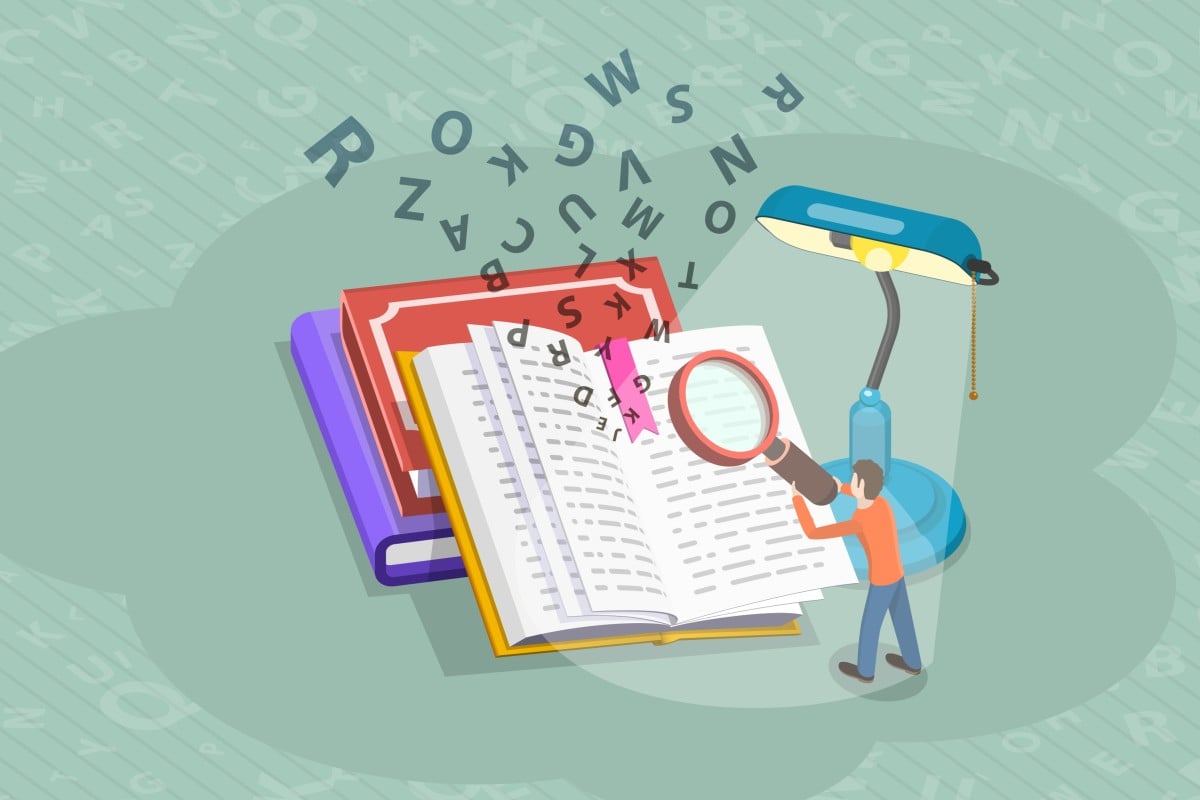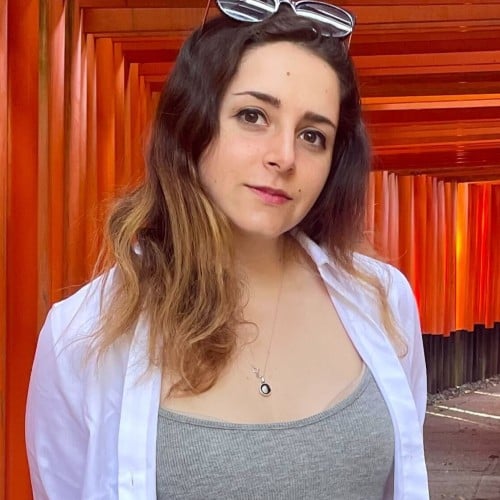
8 words and phrases recently added to the Merriam-Webster dictionary
From ‘nepo baby’ to ‘beach read’, these eight English terms were officially added to the Merriam-Webster dictionary within the last year
 Do any of these entries surprise you? Photo: Shutterstock
Do any of these entries surprise you? Photo: ShutterstockThe English language is ever-expanding, with fresh terms created, used and officially defined every year. This includes informal colloquial slang but also words that have taken on new meanings and phrases needed to describe the latest technology.
Once they are considered part of our everyday language it only makes sense to make it official. Here are eight new terms added to the Merriam-Webster dictionary in the last year that may surprise or delight you.
Drawing a blank: 10 idioms inspired by visual art and painting
1. For You page
On the social media app TikTok, this page – curated for each user – is a constant source of entertainment, news and information. The term is often shortened to FYP.
Meaning: a social media feed that contains personalised content based on a user’s interests
Example: If it were not for my For You page, I would have never learned about this brand.
2. Touch grass
As the virtual world grows, real-life experiences can sometimes be overlooked or dismissed. The phrase “touch grass”, used first in 2016, has come to symbolise a connection to life – offline.
Meaning: to participate in normal activities in the real world as opposed to online experiences and interactions
Example: I have been on my phone all day; I really need to put it down and touch grass.
3. Nepo baby
This term has some negative connotations when used to describe a person who was gifted an opportunity through their family network instead of using their own skill and hard work to earn it. The first known usage of this phrase was in 1992.
Meaning: a person who gains success or opportunities through familial connections, especially a child of a famous parent
Example: Margaret Qualley is a nepo baby, but she’s really come into her own as a talented actor.
4. Creepy-crawly
No one likes to see a creepy-crawly in their bedroom, home or anywhere near them, to be honest. This word has been used to describe weird, freaky bugs since 1857, but was only added to the Merriam-Webster dictionary last year.
Meaning: a creature – like an insect, spider, worm or other small flightless animal – that typically crawls along close to or on the ground and is often considered unwanted or unpleasant
Example: My favourite part of winter is when all the creepy-crawlies disappear from my area.
5. Dungeon crawler
Video game lovers will know this phrase well, as “dungeon crawler” was first used back in 1989. The term has become more prevalent, perhaps because of the internet, in recent years.
Meaning: a video game where the way you play is focused on defeating enemies while exploring a randomly generated dungeon-like environment
Example: This is a total dungeon crawler where you have to guide your character through increasingly difficult levels while confronting monsters and traps.
6. Beach read
The best book to read at the beach is apparently a lighter work, according to this definition. This term was first used in 1965. It is also the title of a very popular romance book by Emily Henry, published in 2020.
Meaning: a usually light work of escapist fiction, such as a thriller or romance
Example: I want an easy beach read, something with few twists and turns, and a happy ending.
Oxford’s 2024 word of the year is ‘brain rot’
7. True crime
True crime has become a widely loved genre across media. Fans love the gripping and sometimes outlandish narratives within these real-life crime stories that are certainly not for the faint of heart. The phrase was first used in 1923.
Meaning: a nonfiction genre of literature, film, podcasts and other entertainment that depicts and examines real crime cases
Example: This true crime podcast I have been listening to is so shocking that I almost cannot believe it happened.
8. Maga
This acronym, coined in 2016 during Donald Trump’s first term as United States president, originally stood for “Make America Great Again”. Nowadays, it’s pronounced “mag-uh” and can mean any sort of Republican or supporter of conservative policies.
Meaning: a political movement calling for strict limits on immigration and a return to policies and practices in place before globalisation, usually conservative in nature
Example: Did you see? Maga supporters say Pope Leo is not putting “America first”.
